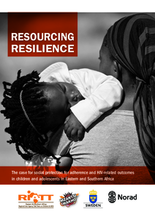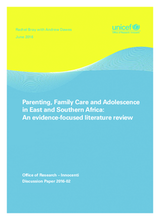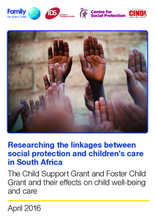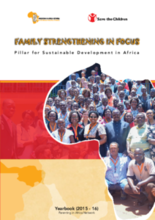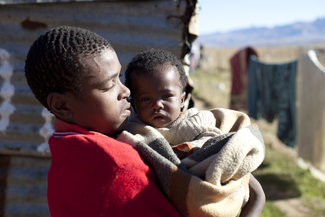

Displaying 321 - 330 of 576
This paper examines the emergence of a small but growing number of male caregivers who are responding to the needs of the extended family.
This report captures what has been accomplished in social service workforce strengthening in eight countries in Sub-Saharan Africa and highlights areas for future intervention. Progress made to strengthen the social service workforce within these countries is useful when reflecting on global trends and ways forward.
This report includes a literature, evidentiary, and policy review of social protection in the Eastern and Southern African Region.
This paper examines existing knowledge on raising adolescents in east and southern African countries, including Kenya, Malawi, Mozambique, South Africa, Tanzania and Zimbabwe. According to the report, and within the context of these regions, parenting is understood to be handled through extended community and family networks.
This document is a report on a study which involved a survey of all foreign-born children placed in child and youth care centers across South Africa’s Western Cape Province. The study examines the intersection between migration law and children’s rights.
Given the importance of children’s care arrangements for their development, this essay summarizes efforts to measure trends in children’s care arrangements in two regions of the world—Southeast Asia and sub-Saharan Africa.
In this piece for the South African Sunday Times, Deborah Minors writes about her father’s experience of discovering he was adopted and her research on men’s feelings regarding adoption. The article also features stories of other male adoptees and adoptive parents in South Africa, focusing on their attitudes and reactions towards adoption.
This report presents research on the impact of two cash transfer programs for vulnerable children in South Africa on children’s care.
Through this new "The African Child Information Hub" Facebook page, InfoHub aims to amplify advocacy efforts and awareness raising by engaging more people on social media.
This report shares highlights and lessons learned from PAN's work on family strengthening during the year 2015.


